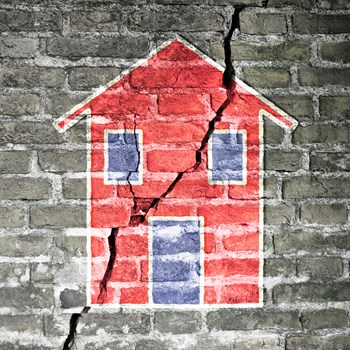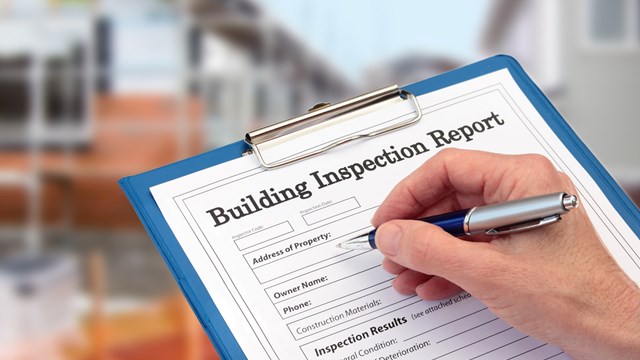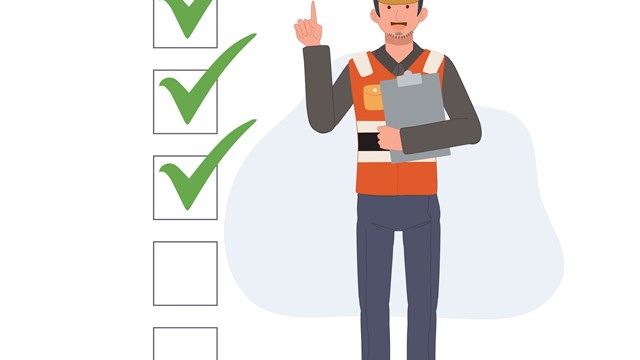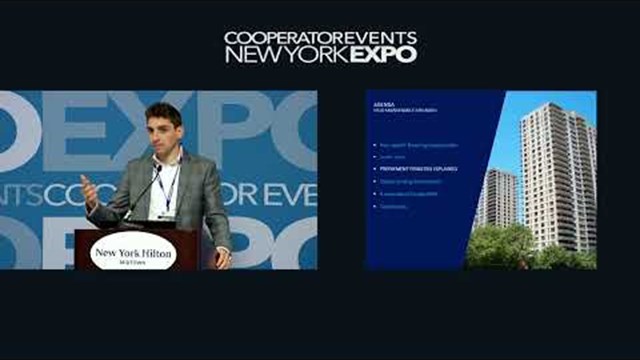
The tragic collapse of the Champlain Towers South condo in Surfside, Florida, last June has prompted many industries to assess and reform their practices to enhance safety and oversight of the large—and growing—multifamily building sector in the United States. Recent among them is mortgage giant Fannie Mae, the government-sponsored enterprise (GSE) that provides backing for millions of home loans throughout the country.
Repair or Despair
According to The MReport, a publication for the mortgage banking sector, Fannie Mae is responding to the Surfside tragedy by requiring co-ops and condos to address repairs and maintenance that impact the safety, soundness, structural integrity, or habitability of their properties before it will issue financing. This means that co-ops and condos with significant deferred maintenance items—or ones that have received a repair directive from a regulatory or inspection agency, such as a Department of Buildings (DOB) violation or Safe With a Repair and Maintenance Program (SWARMP) designation—will have to provide proof that they have completed those repairs before the loan will be eligible for delivery to the GSE.
Additionally, Fannie Mae is now requiring co-ops and condos to contribute at least 10% of the corporation’s or association’s budget to a reserve account in order for their loans to be eligible for purchase. Lenders must also obtain and scrutinize information related to special assessments to determine eligibility. If the special assessment is related to safety, soundness, structural integrity, or habitability, all related repairs must be fully completed, or the project is not eligible.
Fannie Mae’s new requirements go into effect for whole loans purchased on or after January 1, 2022 and for loans delivered into the MBS pools with issue dates on or after January 1, 2022. The requirements are characterized as “temporary,” but “remain in effect until further notice,” according to the GSE’s whitepaper on the topic. These requirements apply to all loans secured by units in projects with five or more attached units, regardless of the type of project review or review waiver.
The Importance of Reserves
Fannie Mae Director of Single-Family Collateral Risk Management Jodi Horne explains in a blog post that condos and co-ops represent an option for homeowners and buyers that is relatively convenient and affordable - but says the need for ongoing maintenance should not be overlooked.
“Condos and co-ops provide homeownership options in a variety of styles,” writes Horne. “High-rise buildings, which are especially popular in urban areas and near beaches, may offer great views and rooftop decks—and they come with elevators and underground parking garages, like at Champlain Towers South, that require ongoing maintenance. Garden-style developments with three or fewer stories may have less obvious ongoing infrastructure needs, but foundations must be maintained to avoid water intrusion or structural collapse, roofs must be maintained so they don’t leak or cave in, and balconies must be repaired or replaced periodically to maintain structural integrity and remain safe.”
Fannie Mae’s increasing role in the secondary market for co-op and condo financing has prompted it to give enhanced consideration to the risks involved in these types of properties and to develop guidelines and restrictions that minimize risk both for lenders and investors and for property owners and shareholders. “With a shortage of housing supply,” states Horne, “it’s more important than ever for us to reaffirm our commitment to supporting sustainable homeownership in condo and co-op projects.”
“Adequate financial reserves are critical to funding the significant maintenance that supports ongoing viability of condo and co-op projects,” she continues. “To maintain homeownership sustainability, Fannie Mae has long required scrutiny of project reserves on loans delivered to us, as well as disclosure of any special assessments and review of a number of other important project characteristics that would impact mortgage borrowers. Our latest guidelines reinforce our project reserve requirements and focus on their importance.”
According to The MReport, Fannie Mae is also conducting accompanying research on the challenges of aging condo and co-op infrastructure, and says it is “committed to providing sustainable homeownership opportunities for a range of housing types and helping to protect borrowers from physically unsafe or financially unstable projects.”









Leave a Comment